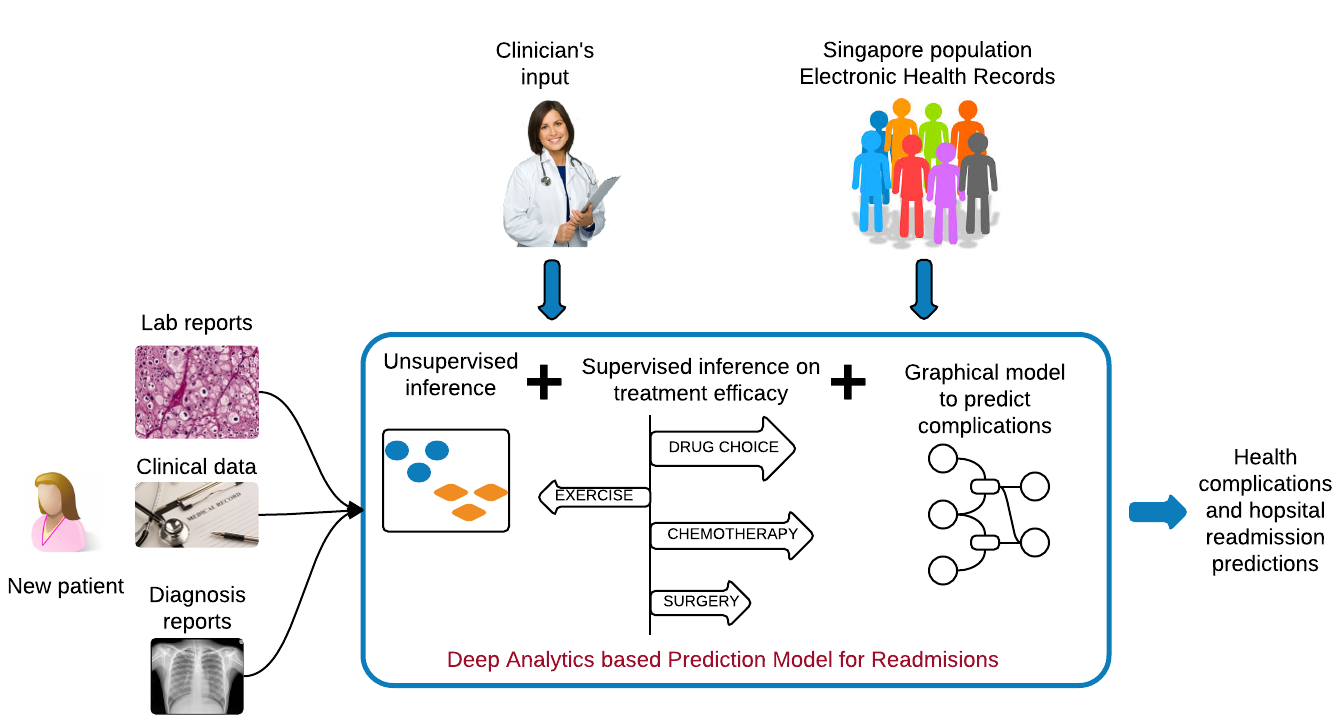
AI-Powered Healthcare: Revolutionizing Diagnosis and TreatmentAI-Powered Healthcare: Revolutionizing Diagnosis and Treatment Artificial intelligence (AI) is transforming the healthcare landscape, offering unprecedented capabilities to enhance diagnosis and treatment. From disease detection to personalized interventions, AI-powered systems are revolutionizing patient care. Improved Disease Detection AI algorithms can analyze vast amounts of medical data, including patient records, lab results, and imaging scans, to identify patterns and anomalies that may escape human observation. This enhanced detection capability enables earlier diagnosis of diseases, leading to timely intervention and improved patient outcomes. For instance, AI models have demonstrated high accuracy in detecting early signs of cancer, such as melanomas and breast tumors, from diagnostic images. Personalized Treatment Plans AI systems can leverage patient data to create personalized treatment plans tailored to individual needs. By considering factors such as genetic makeup, lifestyle, and medical history, AI algorithms can recommend optimal drug combinations, dosage regimens, and treatment strategies. Personalized care improves treatment efficacy, reduces side effects, and empowers patients to take an active role in their health. Remote Monitoring and Telemedicine AI-powered wearables and remote monitoring systems enable continuous patient monitoring and early detection of health issues. These devices can collect data on heart rate, blood pressure, and other vital signs, which AI algorithms analyze to identify potential risks and trigger alerts to healthcare providers. Telemedicine platforms also leverage AI to provide remote consultations, extending access to care and reducing the need for in-person visits. Drug Discovery and Development AI is used in all stages of drug discovery and development, from target identification to clinical trial design. AI algorithms can screen millions of potential compounds for efficacy and safety, identify novel targets for therapeutic interventions, and optimize clinical trial protocols. By automating and accelerating the drug development process, AI has the potential to deliver new treatments to patients faster and at lower costs. Challenges and Ethical Considerations While AI has immense potential in healthcare, it also presents challenges and ethical considerations. Ensuring data privacy and security is paramount, and the potential for bias in AI algorithms must be addressed to prevent unfair or discriminatory treatment. Additionally, the role of AI in decision-making processes requires careful consideration to maintain trust and ensure patient autonomy. Conclusion AI-powered healthcare is rapidly transforming the way we diagnose and treat diseases. From improved disease detection to personalized treatment plans and remote monitoring, AI algorithms are revolutionizing patient care and empowering individuals to take proactive control of their health. While challenges and ethical considerations remain, the potential of AI in healthcare is vast, and it holds the promise of improving health outcomes, reducing costs, and creating a more equitable and accessible healthcare system for all.
Posted inNews